This morning, I gave a talk, “Stories of Hope,” at the Green Bay Unitarian Universalist Fellowship, which is a warm, engaged, and thoughtful community. I shared stories of hope from preschool, prison, and the wilderness. In our culture, filled with fear-based news, it’s vital to hear about the positive impact of kindness, meditation, and nature as-is, not to ignore what’s difficult and heartbreaking, but to buoy our hearts in complicated times. Headlines about hope don’t sell papers. But we must remember: There’s so much good in the world.
Each of my stories included active, deep listening. Societally, there’s so much talking, yet little real listening. (John O’Donohue called this “intersecting monologues.”) The talking doesn’t create hope and change, but the listening does. It changes us—when we listen inward and live life more true, we honor our own needs and well-being. And it impacts others—when we listen deeply, when we allow people to be seen and heard, we give a great gift.
As a mindfulness teacher, I interact with wide swaths of people who are radically different yet share one thing: they long to be listened to. People crave a safe, spacious place where they can be themselves; where they can speak wholehearted truths; where they can be seen yet not judged; where they can be heard yet not corrected or “fixed.” (We are not defective, broken creatures; we are imperfect, flawed, complex, creative, beautiful, and real human beings.)
This safe, spacious place can be found within ourselves: letting go of the harsh inner-critic, supporting our own well-being, and making choices that sustain and nourish our heart (which may include saying “no” to other people, so we can say “yes” to what matters most).
We can also create this safe, brave space for others. Mark Nepo wrote, “To listen is to lean in softly with a willingness to be changed by what we hear.” How often do we lean in softly? How often are we willing to be changed? This requires us to slow down, open up, and pay attention, even when faced with many impediments to listening: wanting to be right; wanting to solve a problem or fix a person; wanting to be liked and respected; wanting to look good and have the “right” answer. The first step is awareness: noticing all the ways we don’t listen. The second step is inquiry:
What if I let go of needing to be right?
What if I let go of needing to fix?
What if I let go of needing to impress people?
This creates freedom within us, which allows us to share in open, vulnerable ways and to listen with compassion and understanding.
Sometime this week, choose a person and listen to them without any agenda. Listen with a willingness to be changed by what you hear. No interrupting. No relating their story tangentially to stories about you. No fixing or controlling. Just listen. Feel your breath; be present and spacious; and notice what happens.
Important note: The person to whom you most need to listen might be yourself and that’s okay. Sit quietly and comfortably; listen to the whispers of your heart.


